-

 Hongrun Boyuan High School Rowing Academy | Shaping Youth Rowing Teams and Future Leaders2025-06-20
Hongrun Boyuan High School Rowing Academy | Shaping Youth Rowing Teams and Future Leaders2025-06-20 -

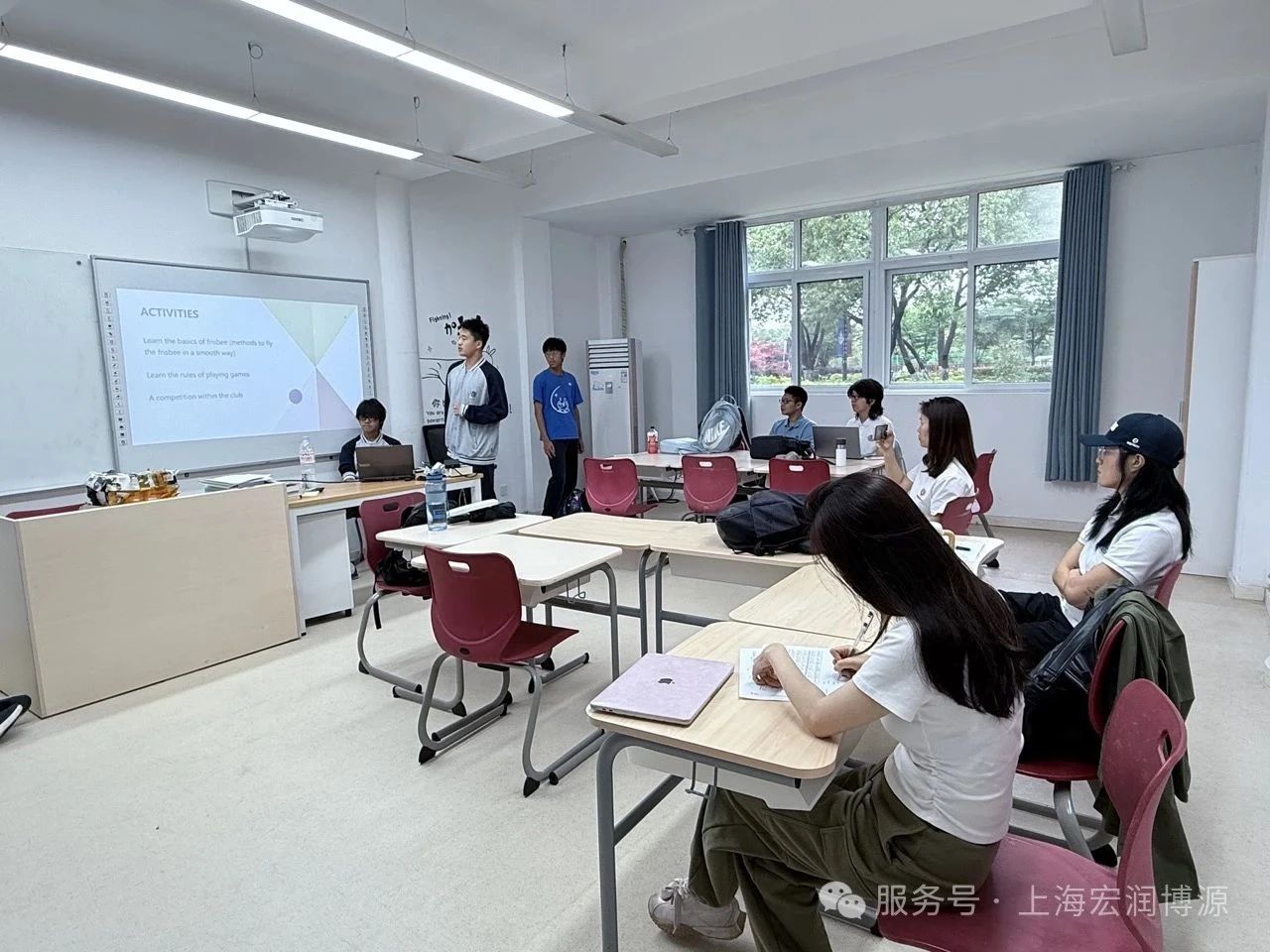 Hongrun Boyuan High School Event | A Flourishing of Talents and Vibrant Energy: 2024–2025 Second Semester Club Summary Report2025-06-18
Hongrun Boyuan High School Event | A Flourishing of Talents and Vibrant Energy: 2024–2025 Second Semester Club Summary Report2025-06-18 -

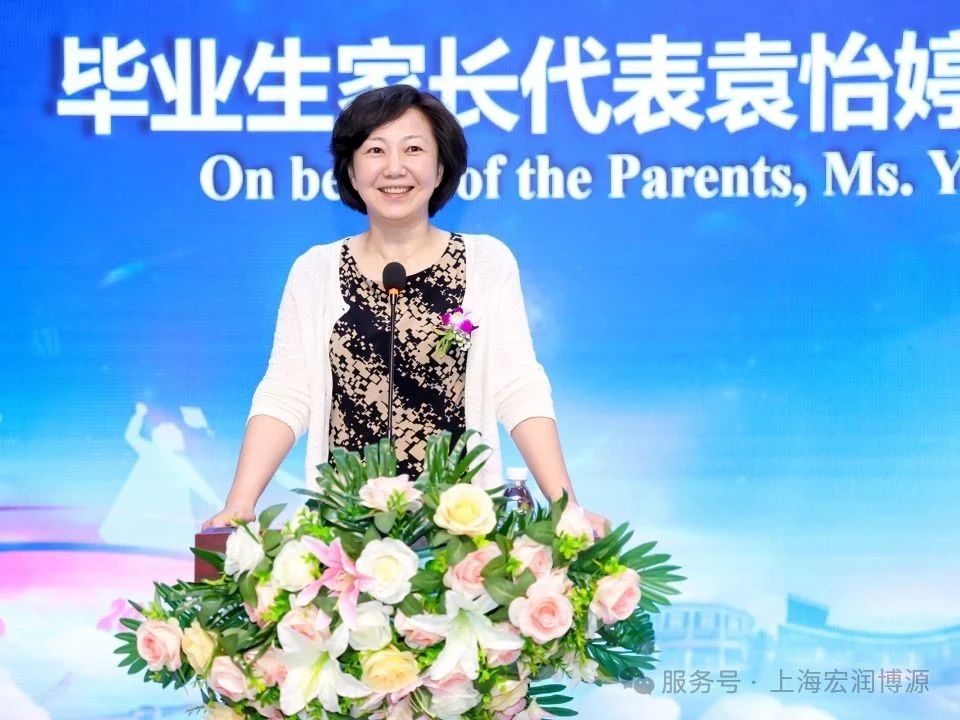 Commencement|Speech by Ms. Yuan Yiting, Parent Representative of the Graduates2025-06-06
Commencement|Speech by Ms. Yuan Yiting, Parent Representative of the Graduates2025-06-06
- 2024-06-15
- Views:1184
TEDxSHBS Youth
“
For the old me, depression was always a distant term. Whenever someone my age hurt themselves, they would invariably be labeled as having a "fragile heart" or being "useless even when they grow up." So, what exactly is depression? Is it a pretentious, shameful illness? But is this the correct definition? Confusion and helplessness always envelop me.
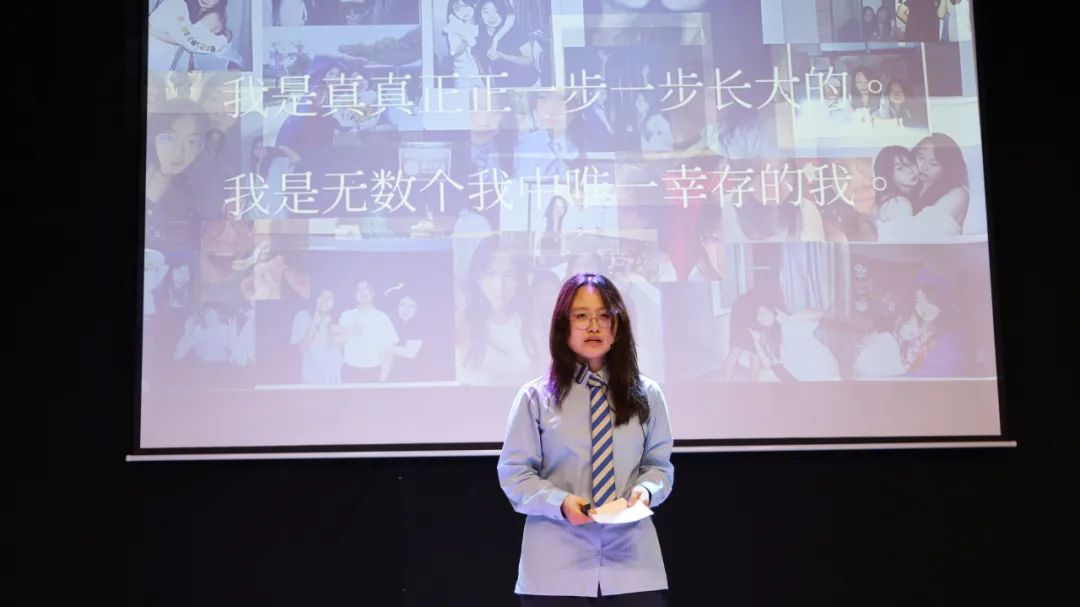
Until one day, I tuned into the podcast program Vistopia as usual. The podcaster, Xiyang, has a traditionally happy and fulfilling life, with open-minded parents and excellent academic performance. Studying clinical psychology, she started falling apart mentally at the end of her junior year and was diagnosed with severe depression. There was no dramatic story, just a straightforward diagnosis. After listening to these two long episodes of the podcast, I realized for the first time, "I might have depression." Even though this was the deepest realization in my heart, it lasted for only 0.01 second, because the environment I was in and the people around me all told me that this was impossible.
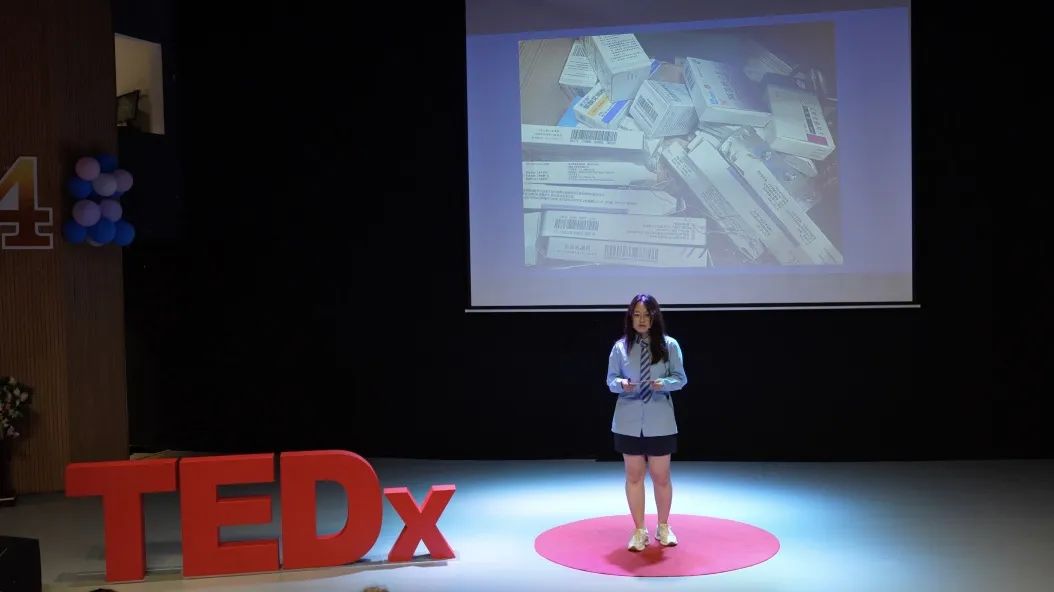
Now, I am 17 years old. One day four years ago, my feelings disappeared. The morning sun shone as usual, the bustling sounds of people and cars on the street were as usual, but suddenly, I couldn't feel anything. It was as if all my senses had been paused. This was the first episode of my somatization.
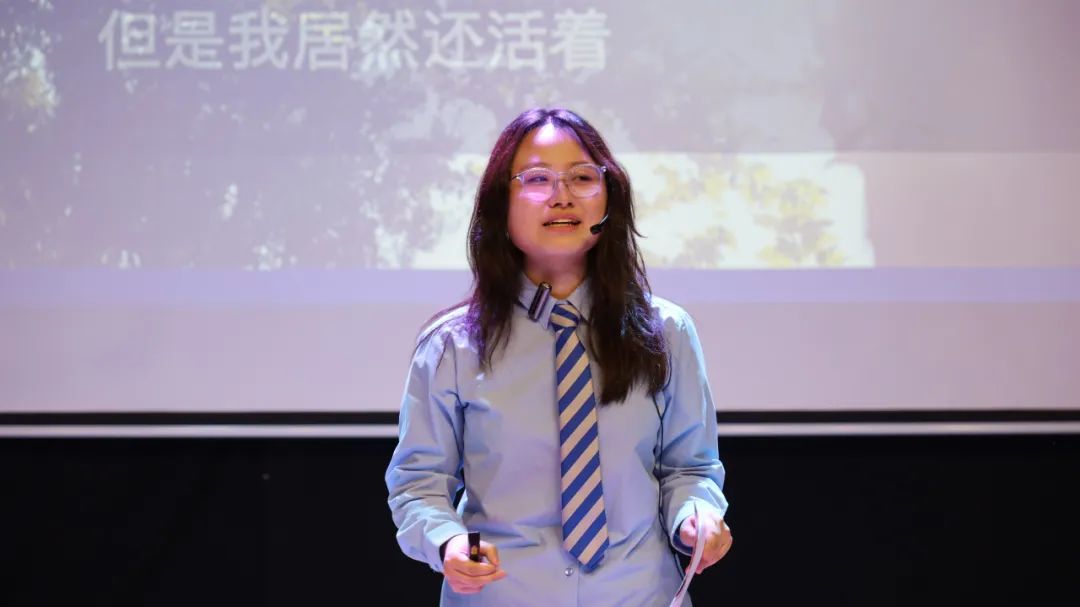
After such symptoms continued intermittently for half a year, I finally took the courage to tell my mother about it. As expected, my mother dismissed it with, "Don't think too much. Focus on your studies." The feeling of losing hope was too familiar and too heartbreaking, like being pricked bit by bit with tiny needles. In junior high school, I never had the right to lock or even close my door, because my parents believed I was still too young to have privacy. Their love suffocated me.
I certainly know that they love me, giving me the best and sacrificing so much. They lived in a dark and small rental apartment to accompany me for education. I love them very much too, but sometimes family relationships are like a tangled mess of yarn, full of knots that can never be untangled. I despise the term "ungrateful wretch," which is tied around the neck of every "me," bound for life by something called responsibility. So why isn't escaping allowed? Why?
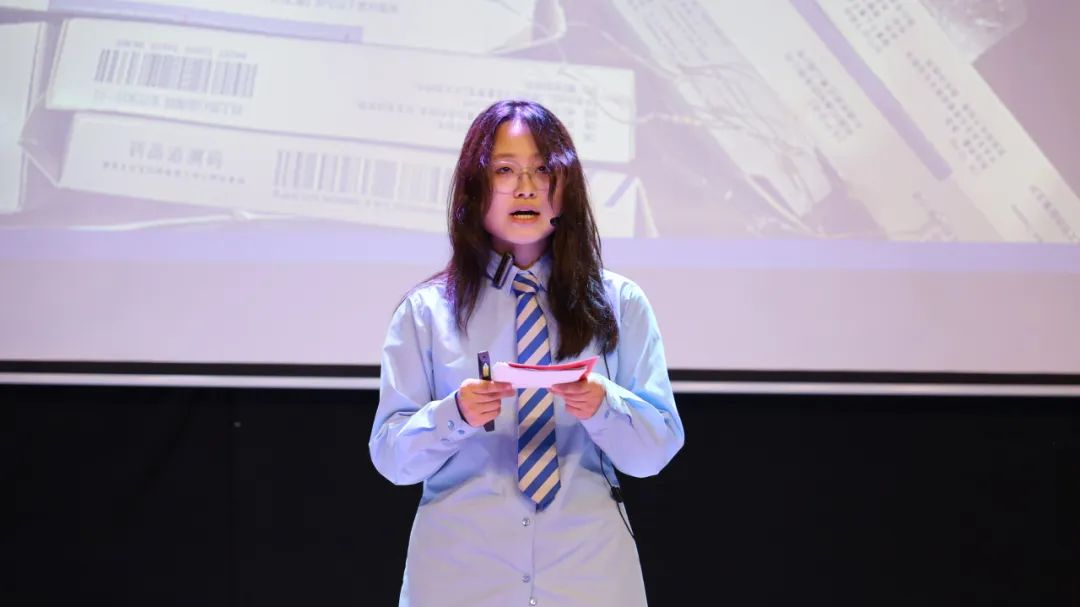
Sometimes when I came home from school, my diary hidden on the previous day, or a new playscript I secretly printed, would lay right on my desk, accompanied by my mom’s solemn expression. I once wrote a very long farewell letter at the end of the diary. She panicked when she saw it and said to me, "Your father and I only have you as a child. You cannot die. You have to be responsible for us." Yes, responsibility. I don't have the right to die. I can't and won't get sick.
Throughout my three years of junior high, I was suppressed. The school followed a standard regime similar to the rigorous schedules of Hengshui-style schools: five-minute meal breaks, classes from 7 am to 11 pm, with Sundays packed with classes too. If you didn't study after class, you were viewed as lacking ambition. The whole environment taught us not to care about others, only to become more indifferent or even exploit others for our own benefit. Cameras were everywhere, from school to home.
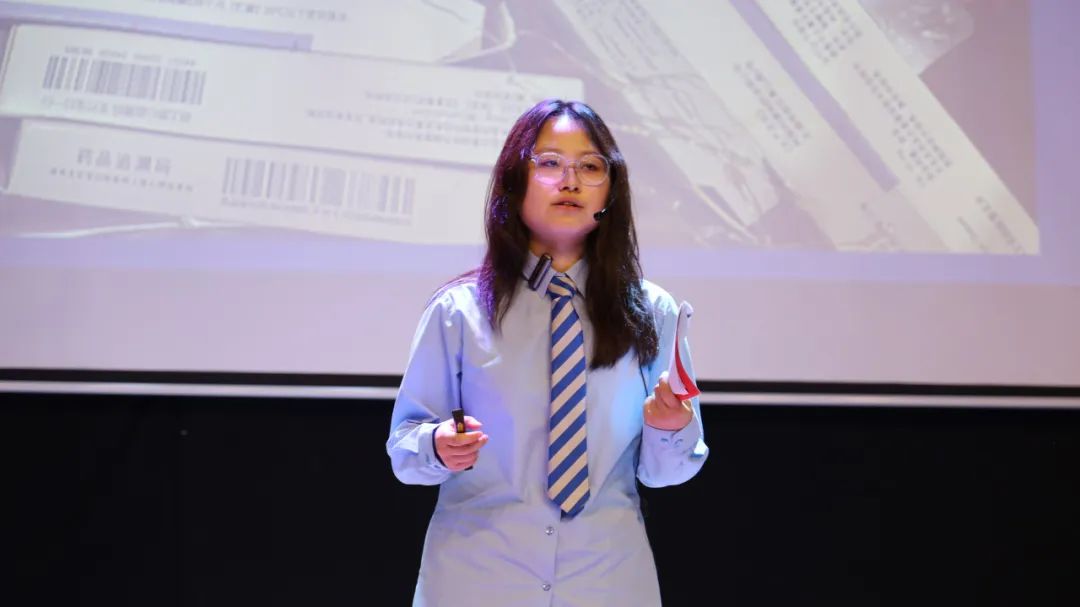
As the high school entrance exam approached, I broke down and almost fell apart. I locked myself in the bathroom on the eve of the exam. All I remember is the numbness enveloping my entire body, from my head, neck, spine, to my hands, all the way to my heels. I'm not even sure if my brain altered that memory because much of those three years has been subconsciously sealed away. That was the time when I felt so close to death.
But once a sleeping person is awakened, he can never truly fall asleep again. Pretending to sleep is a painful and long process. Over time, my mindset and values were gradually constructed and deconstructed by the books I read, social news, and events around me. During these three years, I couldn't find any evidence of my existence because I couldn't feel any connection to the world. It was as if I were just a NPC running in this world according to a program. To prevent myself from becoming numb, I would desperately search for news from various angles to remind myself not to become indifferent, because this world is not a utopia. Books, plays, movies, and news became my only channels to connect with the world.
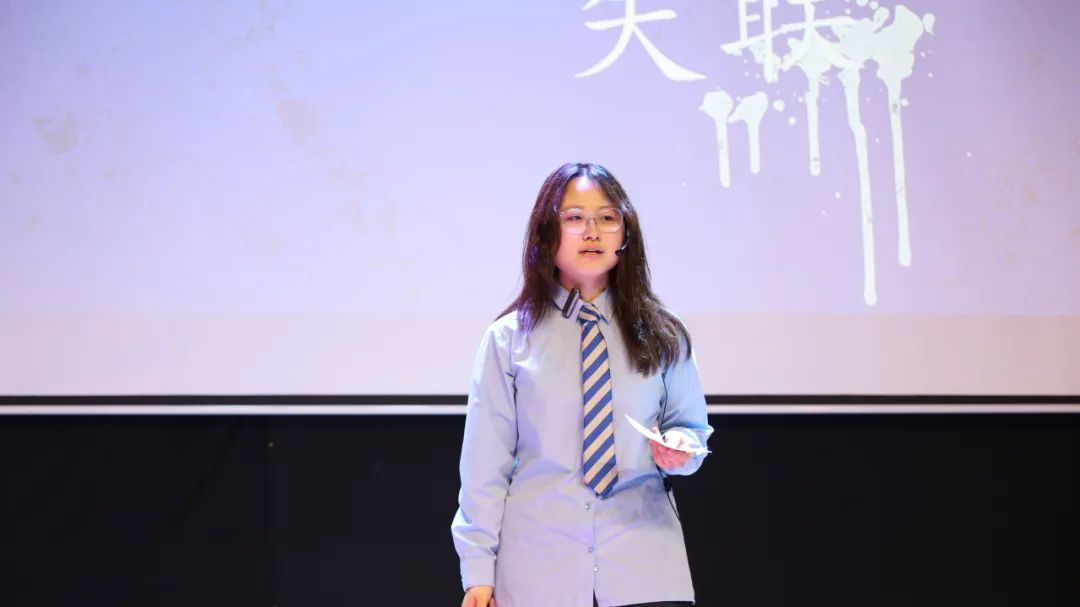
Predictably, I didn’t do well in the high school entrance exam. When signing up for high school, I made the first decision in life based on my own will. I chose the International Department of Yangzhou High School. When my parents found out, they were furious. This was also my first time deviating from the life path they had set for me. This decision to step out of the system meant escaping from their control four years earlier than planned. After a two-week cold war, they reluctantly accepted the fact that I was trying to break free and started looking into AP courses. For them, the international department was not prestigious, and only people that aimed for shortcuts would make such a choice. So, few people knew that I wasn't attending a regular high school. That was the toughest time for me. After the high school entrance exam, I became even more anxious and exhausted. I thought things would get better, but they only worsened. Stomachaches became common, and I often engaged in self-harming behaviors. Once my mom caught me, and she demanded an explanation. She believed that harming myself was not only irresponsible of me but also for her. After three days of cold war, a fierce argument finally erupted. I still remember her disappointed tears and disbelieving look, as if telling me that I was hopeless.
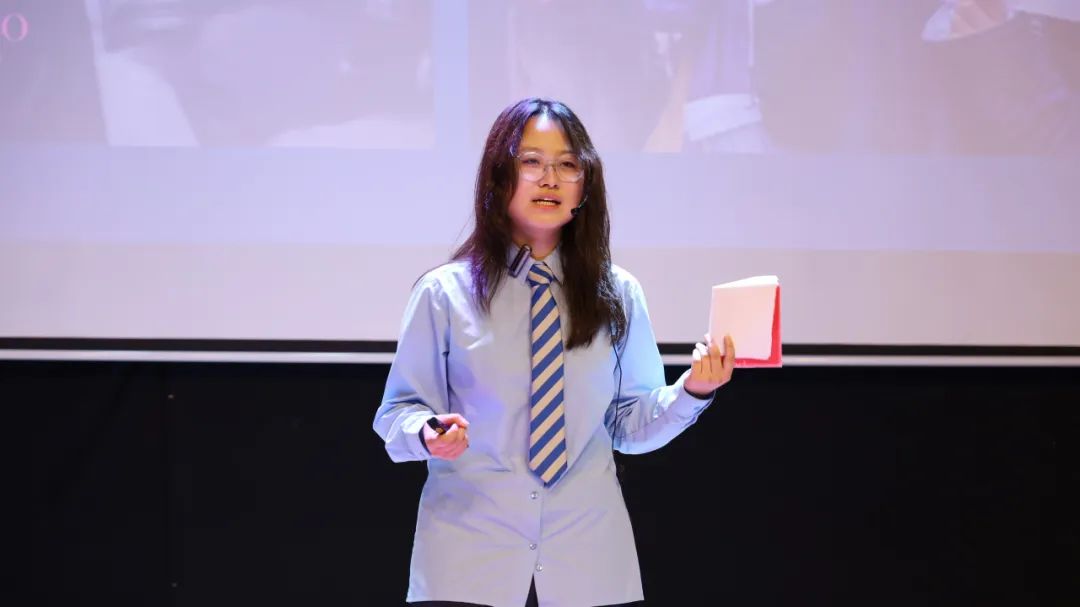
Indeed, that year was chaotic for me. The half-national, half-international curriculum was exhausting, and continuous somatization left my lumbar muscles stiff, persistent palpitations tormented me to the point of suffocation, and my menstrual cycle stopped for half a year. Sometimes in class, I would suddenly rush into the bathroom and cry uncontrollably. Exams often triggered panic attacks. Yes, I had no idea what my emotions were like anymore. I dropped out from school. I spent four years, nearly a quarter of my life, proving that I was sick.
However, I can't blame anyone. I can't blame my parents. Their education didn't equip them with the concept of depression, and the environment I used to be in strongly rejected anything emotional or subjective. But, we are humans. Humans with flesh and blood and various emotions.
Afterward, I made the second major decision in my life. I transferred to Shanghai, and this time, my parents agreed. I saw a different world, got to know more perspectives, met many people similar to me, and finally began seeing doctors and counselors. Away from my parents, I could finally take a breath. But was my depression alleviated? Maybe not. Therapy was a lengthy and draining process, and I still suffered from a decline in cognitive function, continuous disorientation, and trembling hands. Medication always made me feel tired. Small things could trigger my trauma and stress, plunging me into deep despair and overwhelming thoughts of ending my life.
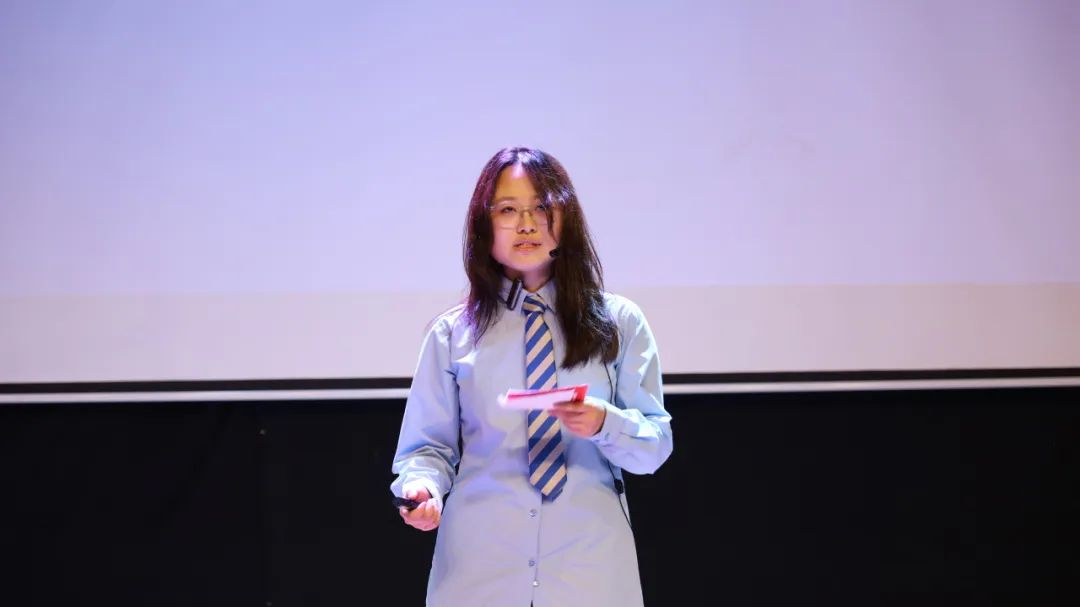
The moment these thoughts surfaced, they overwhelmed me to the point of suffocation. I drowned in an ocean of emotions, struggling and flailing, thinking I was catching a lifeline when it was just a floating strand of rootless seaweed, drifting with the currents. Every time, I tried hard to hang on there. One more time. One more time. Hoping that if I held on a little longer, I could endure it forever. Inexplicable fear and anxiety enveloped me constantly, and the heightened sensitivity intensified my panic more and more.
"I used my willpower to get my daily life back on track, but my soul is constantly falling apart." This line from the Taiwanese teleplay "Shards of Her" describes the state of the main character, who suffers from depression, and it perfectly captures my daily experience as well as that of countless others with depression. Lost, falling apart, and then putting my shattered self together by will power.
I often wonder, can I truly accept my stopping here? Can I still see the sun of next year? Can I really make it through the fifth year?
Until one afternoon when I walked out of the hospital, the roadside was lined with plane trees, densely packed together. The spots of sunlight falling on the concrete road looked just like the mottled marks on the tree trunks, and like the scars on my soul. At that moment, I suddenly realized that I was still alive. My God, I am still alive.
At the age of seventeen, I learned how to face my emotions and try to communicate with them. In this world, I have friends who love me and things I love. So, it's okay. We are loved, by the entire world, by the unintentionally scattered sunlight, and by the gentle breeze. Although sometimes you may feel overwhelmed by loneliness, please believe that there are millions of "you" in this world, going through the same experiences and accompanying you.
Reconciling with one’s emotions is very difficult, and I won't demand it of myself. Everyone has the right to be depressed. One’s willingness to face it is already a great act of courage. As the podcast title suggests, depression is a secret shared by you and me.
I am truly growing step by step, and I am the sole survivor among countless versions of myself.
文 | Olga Liang(G10)
排版 | Jang
图 | Kimi Wang(G10) Thea Wu(G10)








